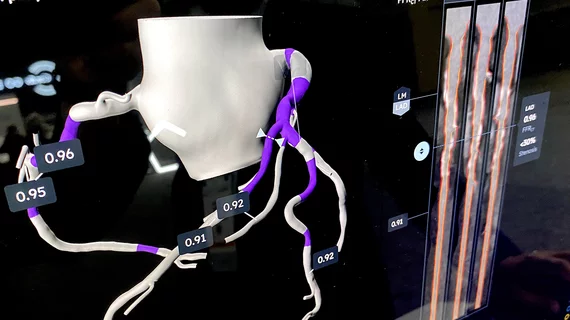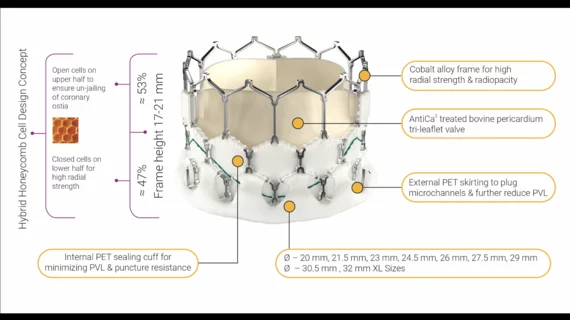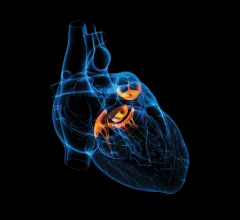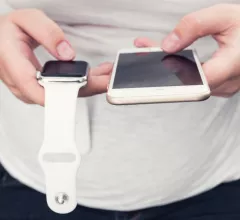Clinical
This channel newsfeed includes clinical content on treating patients or the clinical implications in a variety of cardiac subspecialties and disease states. The channel includes news on cardiac surgery, interventional cardiology, heart failure, electrophysiology, hypertension, structural heart disease, use of pharmaceuticals, and COVID-19.
Displaying 3281 - 3288 of 10787
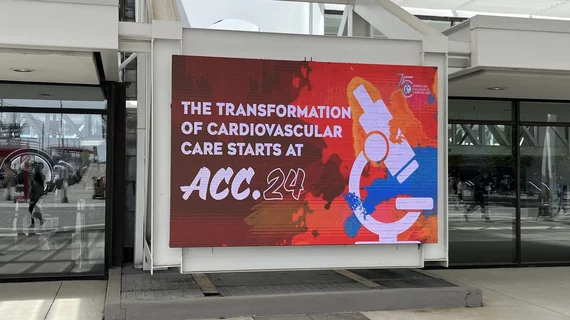

![A majority of medical devices involved in Class I recalls were never required by the U.S. Food and Drug Administration (FDA) to undergo premarket or postmarket clinical testing, according to new research published in Annals of Internal Medicine.[1]](/sites/default/files/styles/top_stories/public/2024-09/istock-1209664264.jpg.webp?itok=gQInU1vO)
